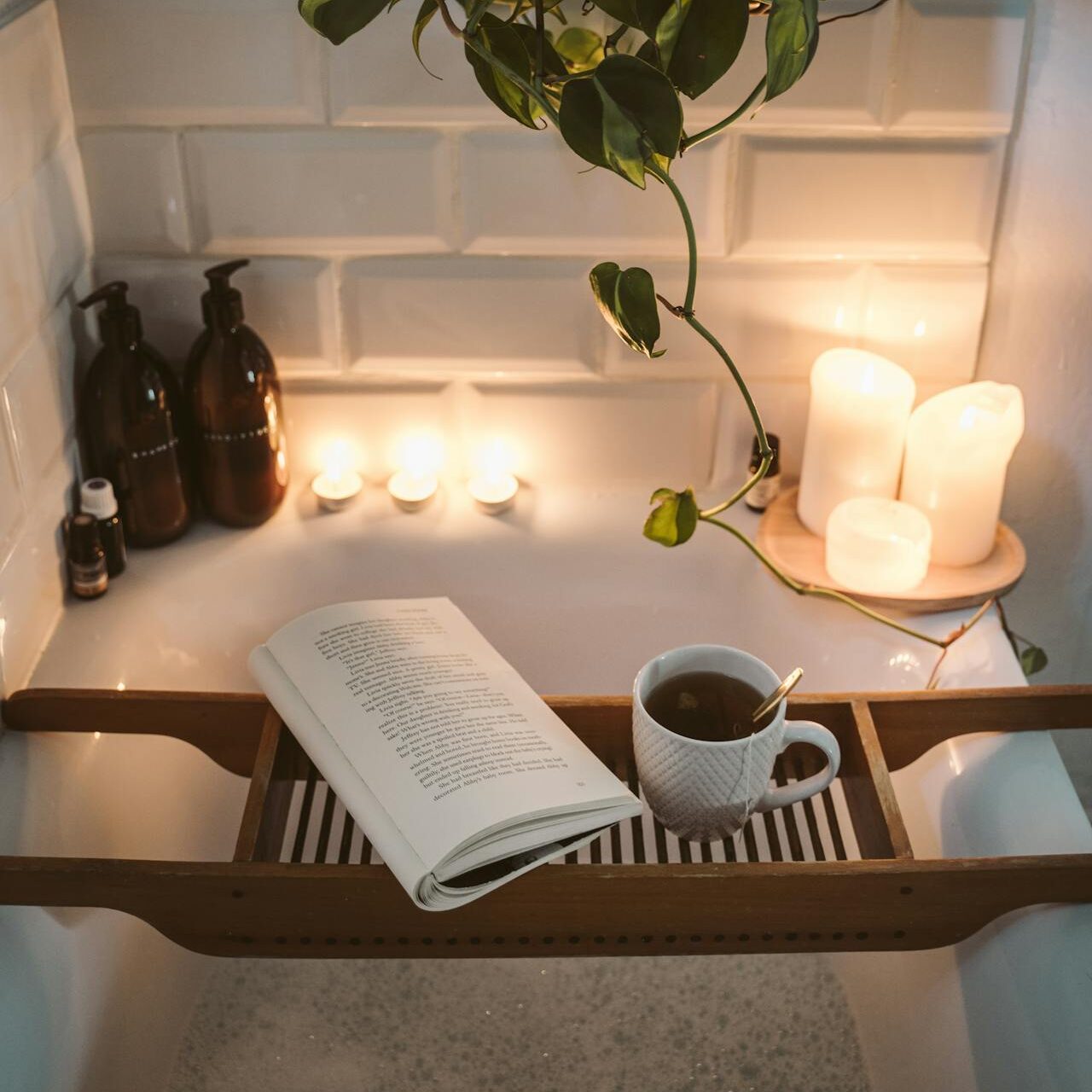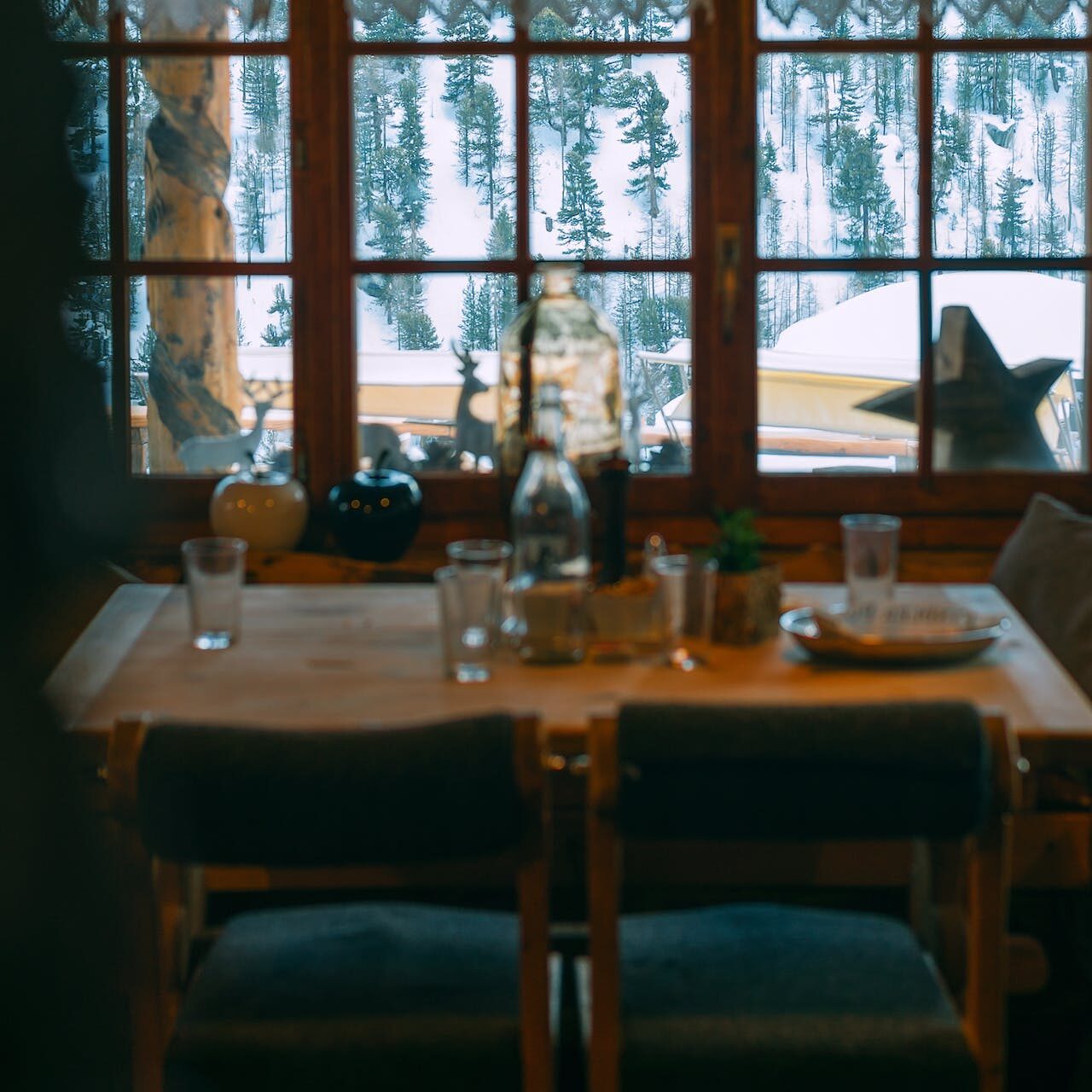Around 280 million people worldwide suffer from depression. Depression can look different in everyone and may feel worse during different times of the day. For some, this is in the afternoon. Learn more about afternoon depression, its potential causes, tips for coping, and more.
What Is Afternoon Depression?
Afternoon depression is when you tend to experience symptoms of depression in the afternoon. This is the opposite of morning depression, which is when you struggle in the morning.
You may hear afternoon depression referred to as afternoon sleep depression, nighttime depression, depression at night, afternoon slump, or sundown depression.
Symptoms you may experience include:
- Feelings of sadness or hopelessness
- Trouble falling or staying asleep
- Irritability
- Restlessness
- Loss of interest in nighttime activities you used to enjoy
- Negative thoughts
- Trouble concentrating
- Trouble remembering
Symptoms may vary from person to person. If you have negative thoughts and consistent or worsening symptoms, you should seek care right away. You can also dial 9-8-8 at any time if you feel you’re in a crisis.
Afternoon Depression vs. Sundown Syndrome
Sundown syndrome is often seen in those with Alzheimer’s and dementia, manifesting as confusion that starts in the afternoon and lasts into the night.
It is similar to afternoon depression in that it also causes a change in mood and behavior later in the day. It may also result in anxiety, aggression, and trouble listening or following directions. Depression can trigger sundown syndrome or make it worse.
Is There Any Reason I Get More Depression in the Afternoon or Evening
If you’ve experienced afternoon depression, you may be wondering, “Why does depression worsen very much in the afternoon?” There are several potential triggers for late-day depression, including:
1. Afternoon Naps
While naps may seem like a good idea, you may feel heightened afternoon depression when you wake up from a nap.
Researchers have found that there is a significantly positive association between depression and daytime napping, as well as daytime dysfunction, snoring, and both shorter and longer sleep duration. Further clinical or epidemiological studies are needed to investigate the mechanism and facilitate the prevention of depression.
Depression naps may worsen your afternoon depression by further impacting your sleep health and leaving you feeling more fatigued once you wake up.
2. Loss of Daylight
Sunlight is connected to your mood, so if the sun is going down early and dusk or dark is taking place in the early afternoon, it could be contributing to your depression. If you notice that your afternoon depression kicks in when the sun starts to go down, this could be a trigger for you.
In other words, bright lights, especially blue light, and white light, can increase cortisol levels, and disrupt your circadian rhythm. So watching television at night or scrolling through your phone might worsen your depression.
3. Excessive Fatigue
You may also feel worse in the afternoon if you’ve been overdoing it during the day. For example, if you’re going constantly during the morning and middle part of your day, by the afternoon you may feel exhaustion starting to set in.
Pay attention to your body in the afternoon and if you feel heavy, tired, sore, or have very low energy, this could be triggering afternoon depression for you.
4. Loneliness
During the day, you may be surrounded by coworkers, friends, or your community. But once normal working hours end, you might find yourself alone in the afternoon. Feelings of loneliness can trigger depression symptoms, so you may feel sad and isolated in the afternoon if you’re by yourself.
5. Lack of distractions
Especially if you have moderate depression, the afternoon may make your depression worse if you have less to do like work, children, friends, chores, and other activities to occupy your time and your mind during the first half of your day.
These are some potential reasons for an afternoon slump so consider your lifestyle and habits and how they may be contributing to your mood.

How Can I Fight My Afternoon Depression?
There are some things you can do to help fight afternoon sleep depression. However, what works can vary from person to person. Here are some tips that could help:
1. Try Methods to Unwind
Intentionally working to unwind in the evening could help your mood. Consider what makes you feel most relaxed. It could be taking a bath, reading, painting, meditating, doing yoga, or journaling.
2. Practice Good Sleep Hygiene
Good sleep can make a difference in your mood and other aspects of your mental and physical health. Pay attention to how many hours of sleep you’re getting, keep work and other stressors out of your bedroom so it’s a safe space, and try to limit screen time.
3. Change Your Diet and Lifestyle
What you eat and drink can fuel depression. Consider adjusting your diet, with the okay from your healthcare provider, to reduce sugar, carbs, caffeine, alcohol, and other substances that can negatively affect your body. You may also consider exercising regularly, as this can reduce stress, improve sleep, and boost your overall well-being.
4. Seek Professional Help
If you’re struggling with depression, you should consult with a medical professional. You may benefit from medication. You may also consider therapy.
Cognitive behavioral (CBT) therapy can help you explore your struggles and provide you with coping tools such as methods for addressing rumination.
Afternoon Depression Contributes to Other Health Conditions
Afternoon depression can contribute to other health conditions if we don’t take care of it. Addressing your afternoon depression can potentially help address and prevent other concerns.
Anxiety
Studies have identified a strong correlation between depression and anxiety. And as previously noted, anxiety can fuel symptoms of afternoon slump. It’s extremely common for individuals to have a dual diagnosis of both conditions.
Substance Abuse
Depression can also be linked to higher rates of substance abuse, including illicit drugs and alcohol. This can create additional concerns around mental and physical health.
Heart Disease
Nighttime depression may also increase the risk of heart disease. Studies have shown that alongside heart disease, it can also contribute to death at a younger age. In fact, depression and heart attack often go hand in hand.
Some tips for coping with afternoon depression, such as exercising regularly, can also boost your heart health.
Concluding Thoughts
If you know some of the potential causes of afternoon sleep depression, you may be able to adjust your habits and lifestyle as a preventative measure.
If you already have symptoms, a better understanding of this condition may empower you to take action and seek help. Remember that help is available and with the right care, you can make steps toward a happier and healthier end of your day.
Read More
How to Control Anger Immediately? A Step-by-Step Guide
What Is an Anxiety Pen? Does It Work?
What Is Positive Psychology (In Plain English) and How to Apply It?






